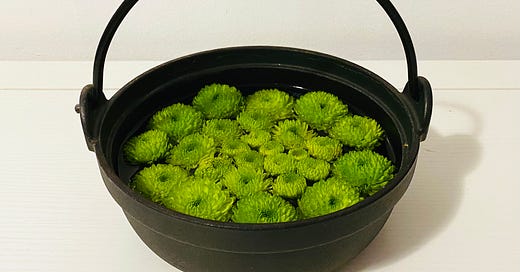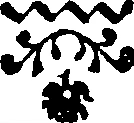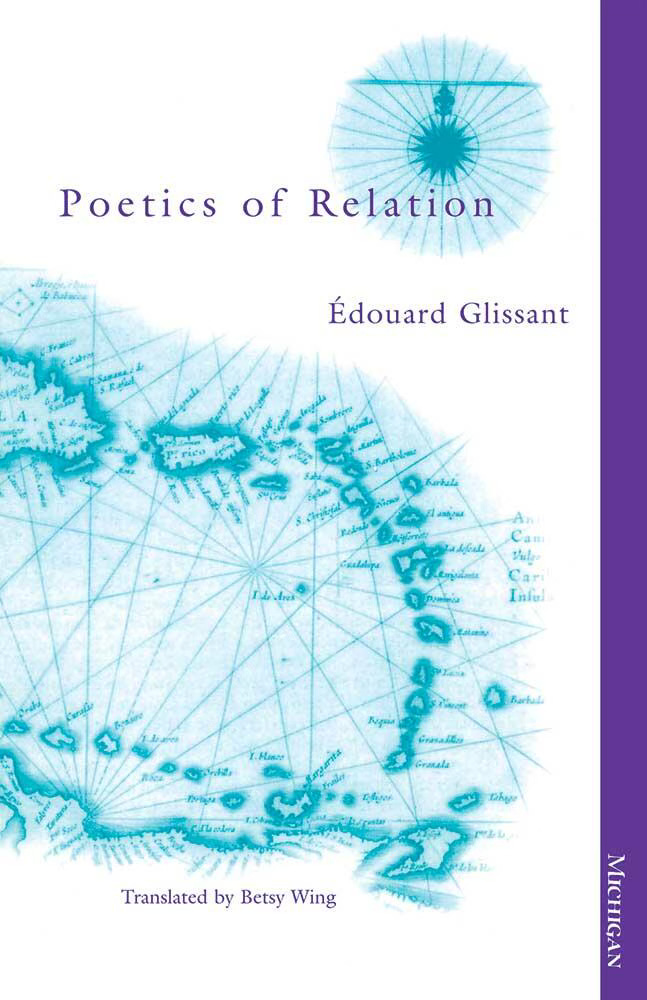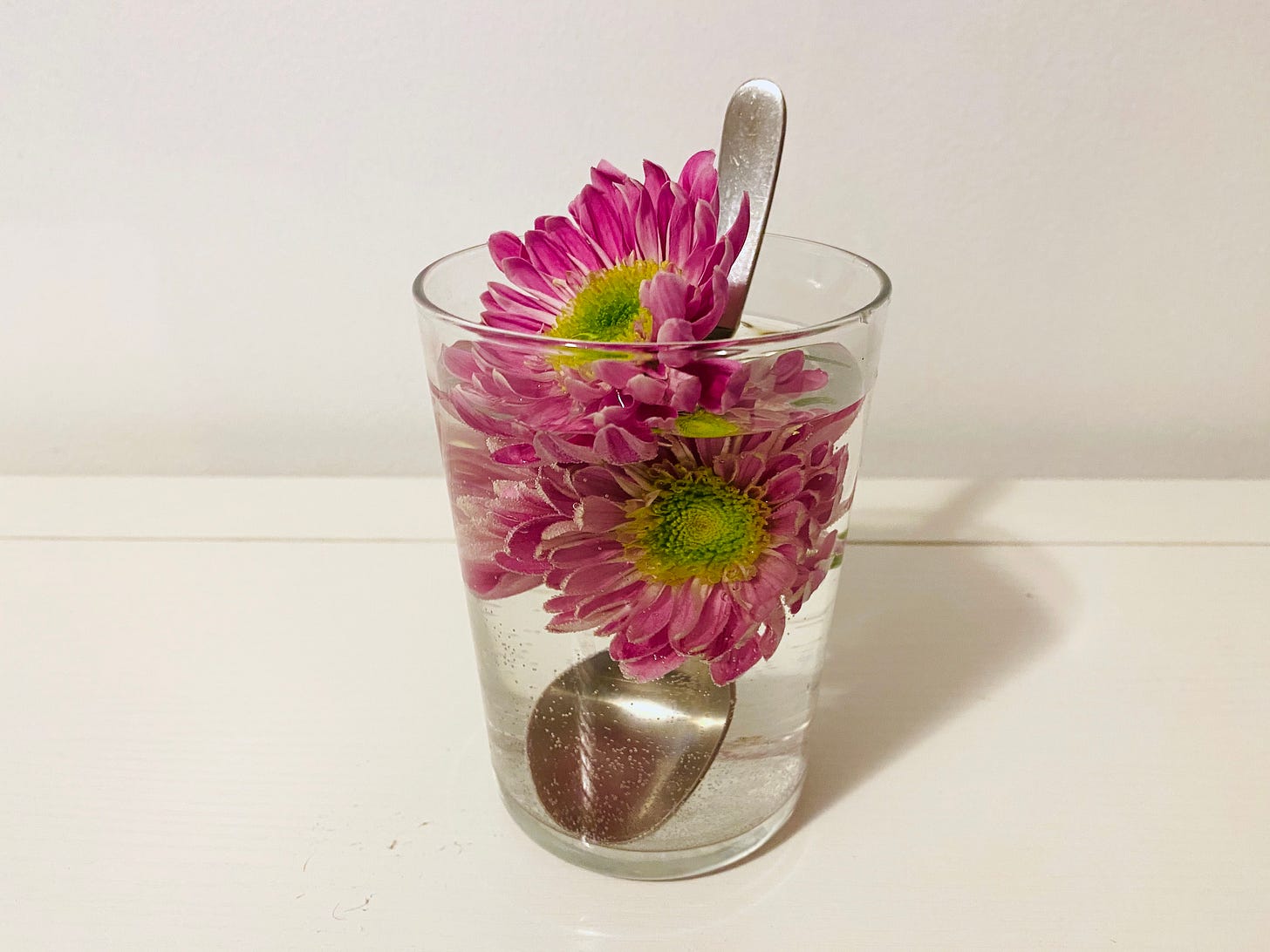Dear Friends,
For a while now I’ve been exchanging occasional tanka poems with my friend Marina. To be honest, I’ve been a poor correspondent and there’s been a long gap.
Recently, Marina sent me this passage from Édouard Glissant’s Poetics of Relation, a book I’ve also been spending time with. I took the passage as a prompt for starting again.
I wrote these tankas by listening to Glissant read aloud his poetry in French, and writing down all the words that transformed themselves into English in my ear. From that mix, I arranged these short poems. They are immediate and provisional, more like a letter than a formal poetic exercise.
Frank O’Hara once described poems as being between the poet and the person they are addressing, “Lucky Pierre style,” saying, “the poem is at last between two persons instead of two pages.”
Glissant, O’Hara, the Japanese poets of old who corresponded in tankas, all of these are inspiration for a poetry of relation.
Let’s hope Marina forgives me for my long absence from our beautiful game.
— Sal
PS: I had a thought to write a much longer, wide-ranging, post about poetry games from Chinese capping verses to renga to the exquisite corpse, but I decided to save it for our new year. Let me know if you want to play!
Edouard Glissant from Poetics of Relation
This is why we stay with poetry. And despite our consenting to all the indisputable technologies; despite seeing the political leap that must be managed, the horror of hunger and ignorance, torture and massacre to be conquered, the full load of knowledge to be tamed, the weight of every piece of machinery that we shall finally control, and the exhausting flashes as we pass from one era to another-from forest to city, from story to computer-at the bow there is still something we now share: this murmur, cloud or rain or peaceful smoke. We know ourselves as part and as crowd, in an unknown that does not terrify. We cry our cry of poetry. Our boats are open, and we sail them for everyone.
Tankas for Marina
Touched by day, calming horse-wind and tempest sadness to be where this earth escapes memory and hope re-animating your light. - I know you: morning know your thought, know you again sadder than night’s waves, reading their eternity into flowering rivers. - In this silence, birds over the sea, come again, washing the blue dream. Every word an afternoon on the road, your eyes and earth. - This house of washing made deep and growing by light blinded, all words asleep, dream stars walk over waves as they wait for the unknown sea who abandons our grief.
Édouard Glissant
Edouard Glissant’s Poetics of Relation is available from University of Michigan Press.
If you need it urgently, a PDF can be found on Monoskop.
Marina Zurkow
More about Marina Zurkow’s amazing work here.
Tanka
There’s so much to say about the tanka form! Impossible to be comprehensive, but in brief, they are typically five line poems with lines of syllables arranged in the pattern 5, 7, 5, 7, 7.
Here on Substack,
of Forgotten Poets offered a wonderful history of the tanka form in Japan.Maggie Queeney at the Poetry Foundation gives a brief introduction to tanka and renga (linked poems) with links to some wonderful contemporary examples.
& a warm wave to Sarah Passino for reminding me of Haryette Mullen’s inspiring tanka diaries (collected in the book, Urban Tumbleweed). You can read how Harryette Mullen came to write them here.
Sonnet Games by the Odd Review
I contributed a line to ODRADEK!’s collaborative sonnet-machine. Can you guess which line?
Do you want to play some poem-games in the new year?










Cheers for the shout-out Sal! :-) Really appreciate it.
The rhythm, like a knocking at our door. Thank you.